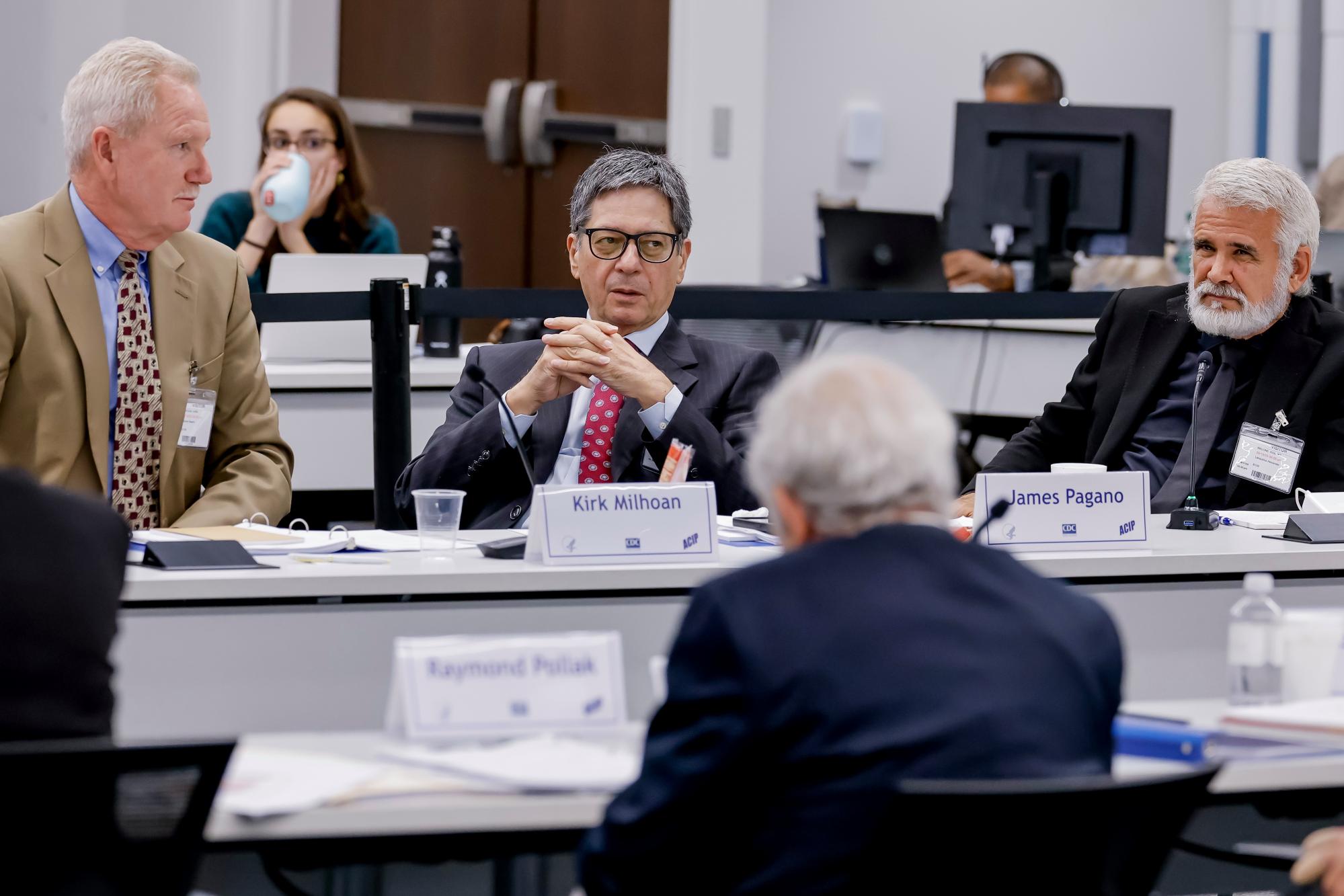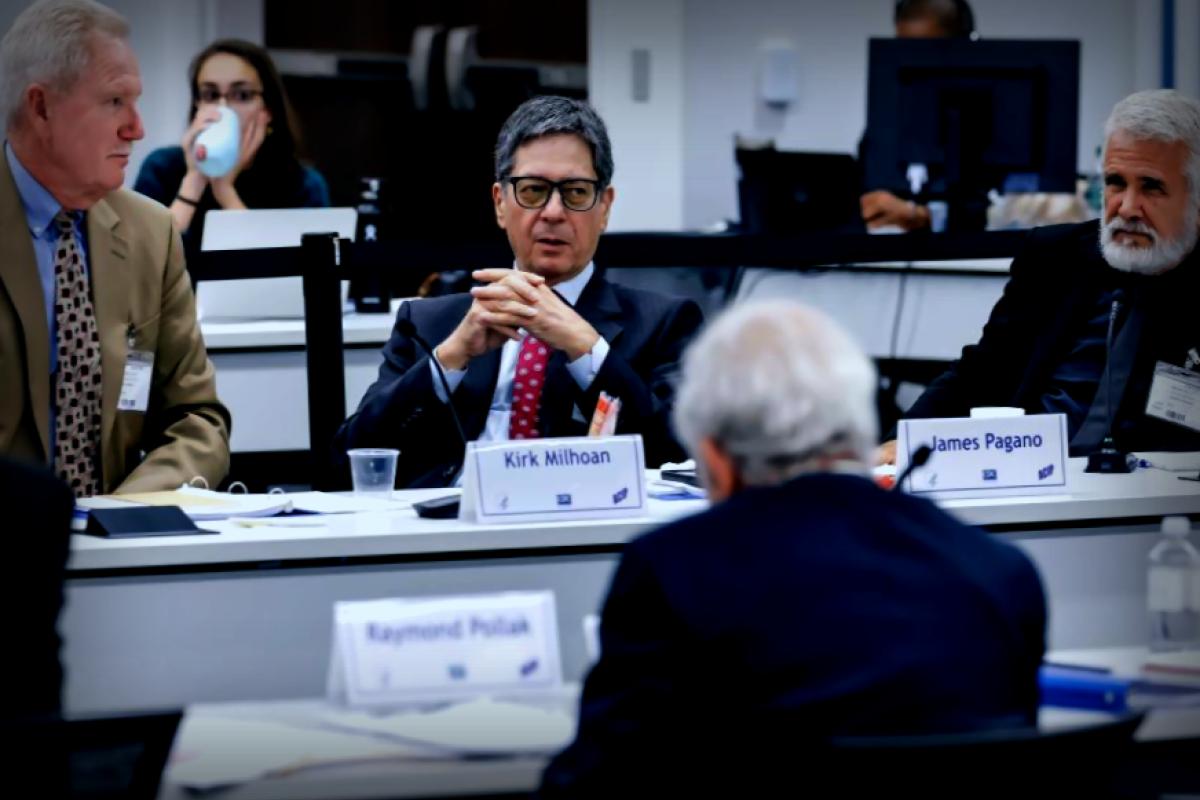
A key advisory committee for the CDC met on Friday and made some notable decisions. They chose not to require a prescription for the Covid-19 vaccine, but they strongly suggested that individuals speak with a clinician before getting vaccinated. The panel emphasized that vaccination should rely on individual choices.
This vote didn’t come easily. The meeting featured hours of heated discussion, some moments turning quite tense, with members voicing frustration over the voting process and vaccine safety issues. Observers from the healthcare community left the meeting puzzled about the implications of the committee’s decisions: Would these votes complicate access to Covid vaccines for the public?
When it came to the recommendation about Covid vaccine prescriptions, the tension was palpable. The Advisory Committee on Immunization Practices (ACIP) didn’t present a united front; with six votes for and six votes against this recommendation, it was the chair, Martin Kulldorff, who cast the deciding vote to reject the idea.
The group also took the opportunity to urge the CDC to enhance informed consent practices, intending to clarify the ‘six risks and uncertainties’ around Covid vaccines. However, specifics on how to put this plan into action were lacking. The term “individual-based decision making” — which they also referred to as “shared clinical decision making” — was not clearly defined, though they indicated that the approach should differ between younger (under 65) and older (over 65) populations.
The influence of this committee is significant; their recommendations can shape which vaccines are available for free by the US government, create state regulations concerning vaccination, and affect health insurer coverage.
As a result, this latest development could muddle an already complicated vaccine distribution landscape.
The dynamics around the vaccine have shifted dramatically since Robert F. Kennedy Jr., known for his skepticism regarding vaccine safety, took the helm at the US Department of Health and Human Services.
In August, the FDA approved refreshed versions of the Covid-19 vaccine, but only for individuals aged 65 and above or those at high risk due to health issues. This decision sparked confusion among the public about Covid vaccination eligibility for younger cohorts.
Some pharmacy chains, like CVS and Walgreens, announced that prescriptions might be necessary to receive the vaccine in some locations. Conversely, states like New York are taking steps to ensure vaccine access doesn’t hinge on a prescription requirement.
Under Kennedy’s leadership, the ACIP was reformed with several advisors who may not have extensive experience in vaccines and, in fact, have been critical of vaccination programs. This distinction became more concerning throughout the two-day ACIP meeting.
On the first day, the committee advised that children should receive multiple vaccinations against diseases like mumps and measles, rather than a single combined vaccine shot. But confusion emerged among members when they were later asked about the Vaccines for Children program, which aims to provide free vaccines to children in need. Many seemed unfamiliar with the program’s specifics, which raised eyebrows.
Initially, they decided to continue the coverage of the combined MMRV vaccine but reversed this decision the following day, perplexing many observers again.
The Friday session also witnessed heated moments, including a mic-caught outburst where one member called another “an idiot.” Disagreements spilled into calls for evidence during discussions.
Interestingly, at one juncture, a committee member stated that their discussions made it clear they don’t embody an anti-vaccine sentiment.
They deferred a vote on the hepatitis B vaccine after discussions revealed inconsistencies in how the vote was framed, opting instead to push this discussion to their next meeting.
Throughout the discussions, some experts stressed that many committee members were leaning on narratives or hypotheticals rather than concrete data regarding Covid vaccine safety, urging them to base decisions on real research rather than fears or assumptions about the vaccines.
In short, clarifying the article’s headline was necessary as it noted the panel voted against the prescription recommendation while clarifying that they did not have the power to remove that requirement altogether.




















